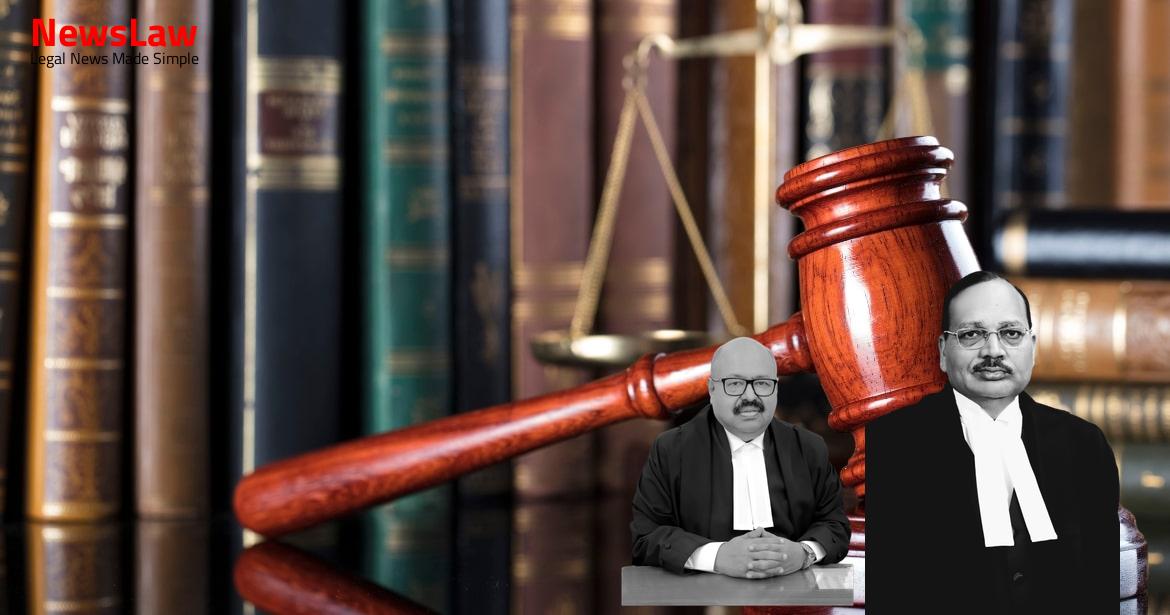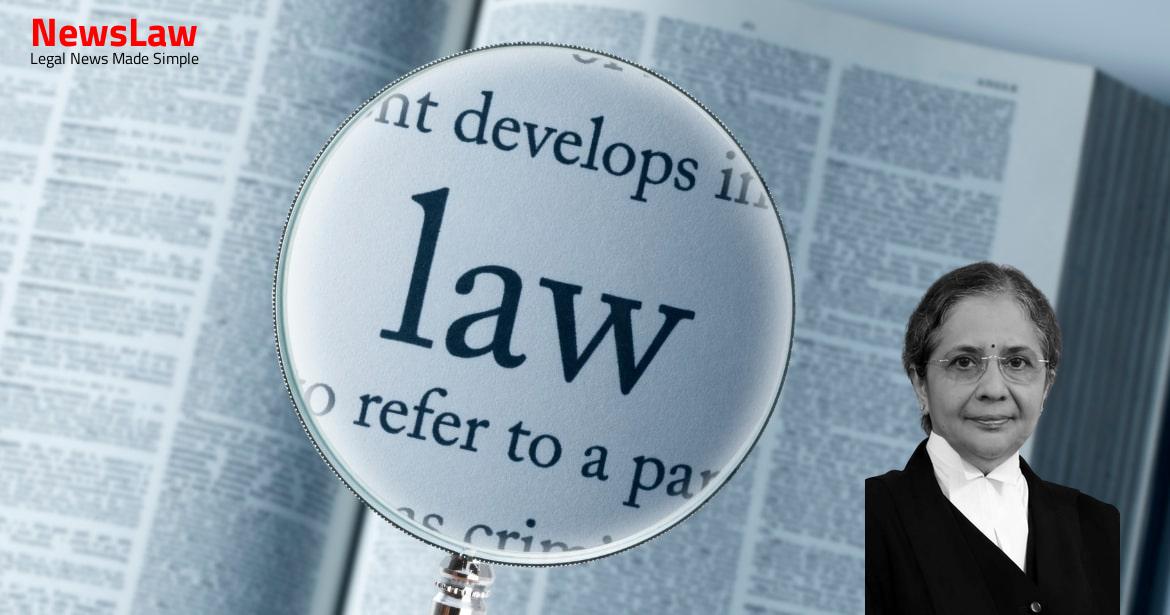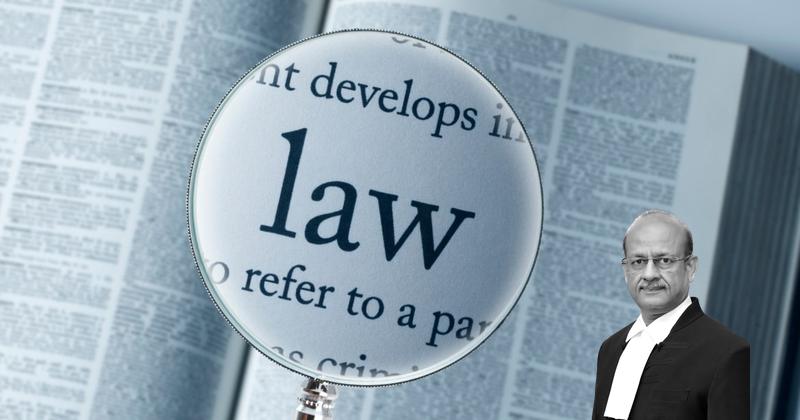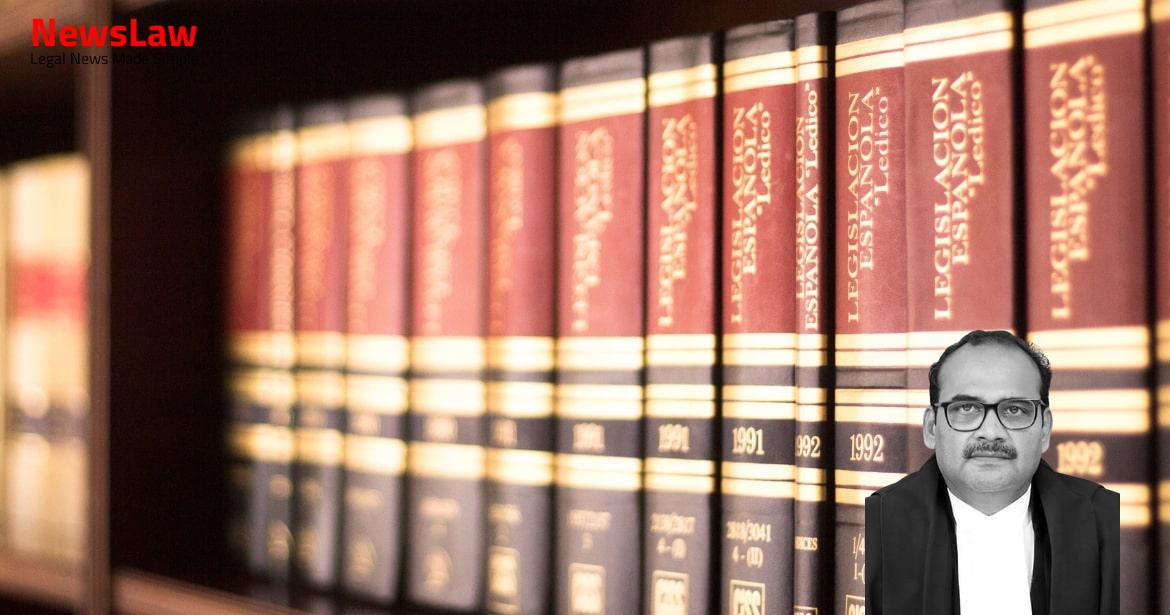This case involves a detailed examination of the legal validity of a criminal conviction based on a dying declaration. The court’s analysis focused on the nuances of the dying declaration, its classification under Section 164 of the CrPC, and the corroborative evidence provided. The authenticity of the declaration was questioned by the appellant, raising doubts about the sufficiency of the evidence. The court’s thorough legal analysis sheds light on the complexities of relying solely on a dying declaration in criminal proceedings.
Facts
- The appellant, wife of the de-facto complainant, was admitted to the Government hospital immediately after being found unconscious with her daughter.
- Her purported Dying Declaration was recorded by a Judicial Magistrate on 11-10-2012.
- The appellant and her husband had a quarrel due to her failure to cook sufficient food for her in-laws.
- The husband found both the appellant and their daughter unconscious at home.
- An FIR was registered three days after the incident based on the husband’s report to the Police.
- The appellant was put on trial and found guilty of offences under Sections 304(1) and 309 of the Indian Penal Code.
- She was sentenced to imprisonment for one year under Section 304(1) and six months under Section 309 of the Code.
- The quarrel led the appellant to consume a poisonous substance and administer it to their 10-month-old daughter.
- Appellant’s appeal was dismissed by the High Court of Judicature at Madras.
- The dying declaration of the appellant in EX.P20 stated that she consumed poison due to stomach pain and also gave the poison to a child.
- The statement under Section 164 of Cr.P.C. was made before the Judicial Magistrate.
- The doctor’s evidence confirmed the appellant’s consumption of poison.
- Evidence from P.W.8 corroborated the doctor’s testimony.
- According to the High Court, no additional evidence was needed to establish the accused’s guilt.
Also Read: Analysis of Cheating and Forgery in Passport Case
Issue
- The issue for consideration is the validity of the appellant’s conviction based on her purported dying declaration (Exhibit ‘P20’)
- The dying declaration was also classified as a Statement under Section 164 of the CrPC, corroborated by the evidence of P.W.8 doctor who treated the deceased and the accused
- The appellant denied making any statement, raising doubts about the authenticity of the dying declaration as evidence
- The question is whether solely relying on this dying declaration is sufficient to uphold the appellant’s conviction
Also Read: Discrepancy in Date of Birth: Court’s Legal Analysis
Analysis
- The initial statement made by the Appellant is under scrutiny as it does not qualify as a dying declaration.
- The lower courts assumed the witnesses were interested in the Appellant’s acquittal, but their non-cooperation could be due to the belief that she was wrongly accused.
- The guilt of the Appellant seems inconsistent with her continuing marriage to PW1 and fostering two children after the loss of her first born.
- There is a lack of evaluation regarding the nuances of the case on record, creating reasonable doubt in the conviction of the Appellant.
- The subsequent hostile turns by some vital witnesses cast doubt on the Appellant’s conviction.
- The prosecution’s version of events was considered more plausible by the trial court despite witness hostility.
- The conviction of the Appellant primarily relied on her alleged declaration while in the hospital, with limited corroboration from the treating doctor.
- The circumstances of the Appellant and her daughter consuming the poisonous substance are murky.
- The Appellant disputed her initial statement made under the influence from the police, but her account was disbelieved by the Sessions Judge and High Court.
- Reasonable doubt in a criminal case arises from a candid consideration of all evidence, not just the possibility of doubt.
- In this case, the continuation of the marriage between the Appellant and PW1, as well as the birth of two children post-incident, raises questions about the guilt.
- The concept of ‘reasonable doubt’ in criminal proceedings requires careful explanation in each case.
- The focus should be on evidentiary scrutiny and conscientious judicial evaluation to determine reasonable doubt.
- The lack of support from PW1 & PW5 for the prosecution was not satisfactorily considered by the Sessions Judge and High Court.
- It is trite law that when the maker of a purported dying declaration survives, it is not considered a statement under Section 32 of the Indian Evidence Act but is a statement under Section 164 of the Code.
- The statement can be used under Section 157 of the Evidence Act for corroboration and under Section 155 for contradiction.
- The difficulty in demarcating the contours of ‘reasonable doubt’ was remarked upon in State of Haryana v. Bhagirath & Ors. (1999) 5 SCC 96.
- It is nearly impossible in any criminal trial to prove all elements with scientific precision, but the essential condition is that the statement must be made voluntarily and not under threat or coercion.
- When a statement is recorded as a dying declaration and the victim survives, it need not stand the strict scrutiny of a dying declaration but may be treated as a statement under Section 164 of the Criminal Procedure Code.
- The focus of the inquiry is to ascertain whether the doubt is reasonable, leaving the minds of the jurors unable to say they feel an abiding conviction to a moral certainty of the truth of the charge.
- The doubt to be reasonable must be such that an honest, sensible, and fair-minded person might, with reason, entertain consistent with a conscientious desire to ascertain the truth.
- The issues of contention that have not been adequately addressed benefited the Appellant.
- The appeal has been allowed, and the Judgments of the Trial Court and the High Court are set aside.
- The interim protection granted to the appellant on 13-8-2020 and continued on 16-10-2020 is made absolute.
Also Read: 2-1 Verdict Halts Conviction, Dissent Highlights Potential Flood of Unclear Legal Rulings
Case Title: VIJAYA Vs. STATE REP BY THE INSPECTOR OF POLICE (2022 INSC 964)
Case Number: Crl.A. No.-001573-001573 / 2022



